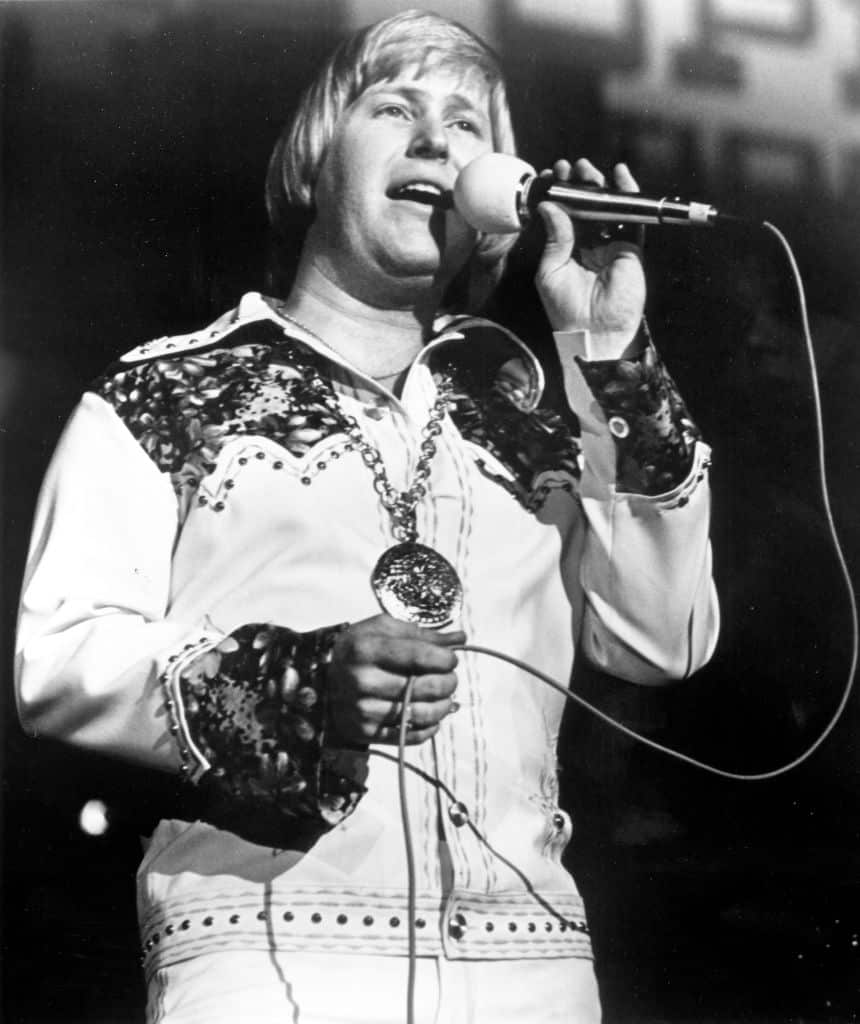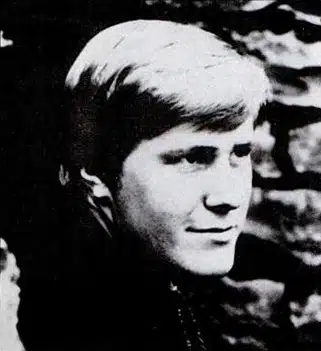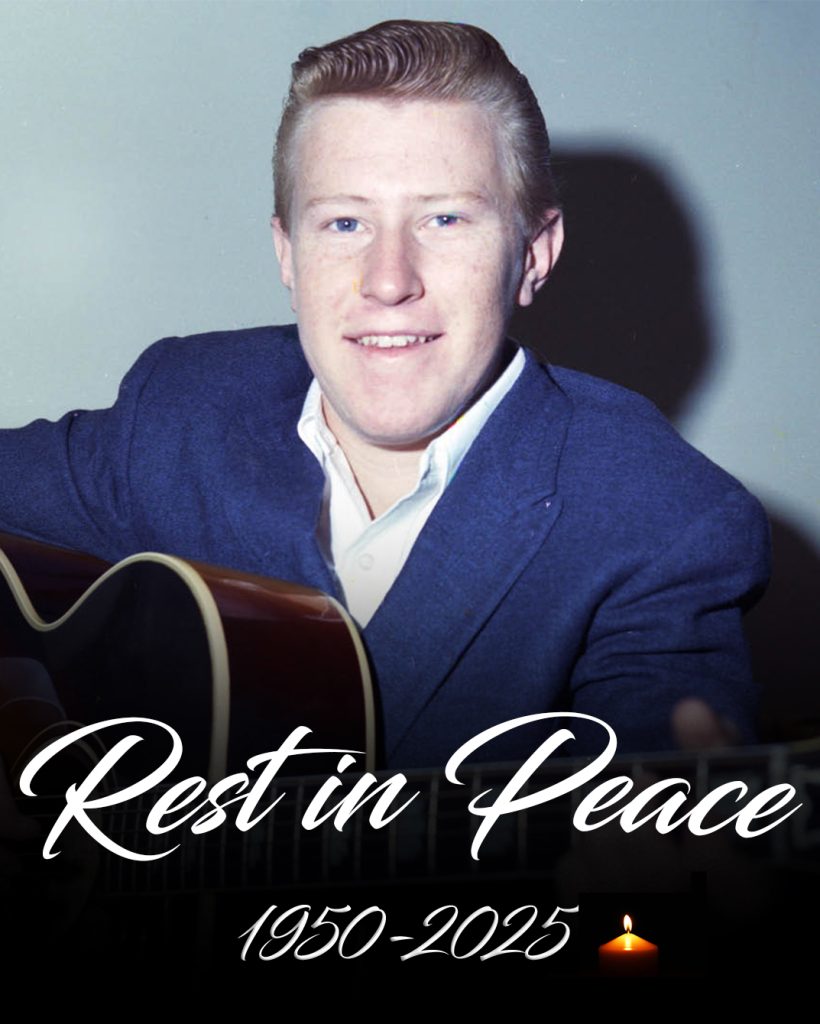The country music community is mourning the loss of John Wesley Ryles, a voice remembered for its warmth, depth, and gentle storytelling. He passed away peacefully on November 2, 2025, at the age of 74.
Ryles was not always in the spotlight, but his influence ran deep. In an era where stars like Luke Combs, Lainey Wilson, Morgan Wallen, and Chris Stapleton dominate stadiums and streaming charts, Ryles belonged to an earlier generation — one that sang from front porches, church halls, and smoky southern clubs before the world was paying attention.
Born in Bastrop, Louisiana, on December 2, 1950, he grew up in a home without electricity, radio, or television. Music was passed from person to person, voice to voice. “The only thing we had to entertain ourselves was singing,” he once said. Summer evenings meant gathering outside as the day cooled, the family singing together for hours.
By 13, he was performing in clubs in Texas. At 15, he convinced his father to move with him to Nashville, chasing a career most kids only dream about. And by 17, he had already done what many never do — he scored a hit.

“Kay,” released in 1968, became his signature song. A quiet, aching ballad about love, sacrifice, and the heartbreak of believing too deeply, it rose into the Top 10 on the Billboard Country charts. The story it told remains one of the genre’s most emotional and understated masterpieces. Fans still talk about the restraint in his voice — how he could convey a thousand unspoken feelings in a single breath.
But like so many young artists who get success too fast, the spotlight dimmed. In the early 1970s, Ryles left Nashville and took odd jobs in Missouri. He stepped away — but he didn’t disappear.
He returned stronger. Through the 1970s and 1980s, Ryles recorded songs like “Fool,” “Once in a Lifetime Thing,” “Louisiana Rain,” “Liberated Woman,” and later appeared on versions of “Always on My Mind.” Even when the radio wasn’t playing his name out loud, his voice never left the room.

Because, behind the scenes, he became one of the most relied-upon harmony singers in Nashville. From the late ’80s onward, you’ve likely heard him — even if you didn’t realize it. He blended so seamlessly with huge artists like Mark Wills and Kenny Chesney that listeners sometimes assumed it was the lead singer.
Mark Wills remembered him with emotion:
“We lost a GIANT. John Wesley Ryles sang more harmonies on records that, to the listener, sounded like the artist themselves. He could blend with ANYBODY… His voice was flawless.”
Country artist John White shared a similar memory:
“When I moved to town and started singing demos for publishers and writers, John Wesley and I would pass each other in studio hallways. I was always in awe. His skills were unmatched. What a legacy.”
Ryles is survived by his wife, Joni Lee, daughter of country legend Conway Twitty — a partnership rooted in music, love, and shared history.
Those who knew him describe him the same way: gentle, humble, and quietly extraordinary.
His legacy lives not only in the records he released, but in the harmonies that held up countless others. In the porch-sung gospel of his childhood. In every soft ache of a country love song that doesn’t need to shout to break a heart.
John Wesley Ryles gave country music something rare: honesty without theatrics, beauty without performance, soul without asking for applause.
May he rest easy.
His voice is still here. It always will be.


